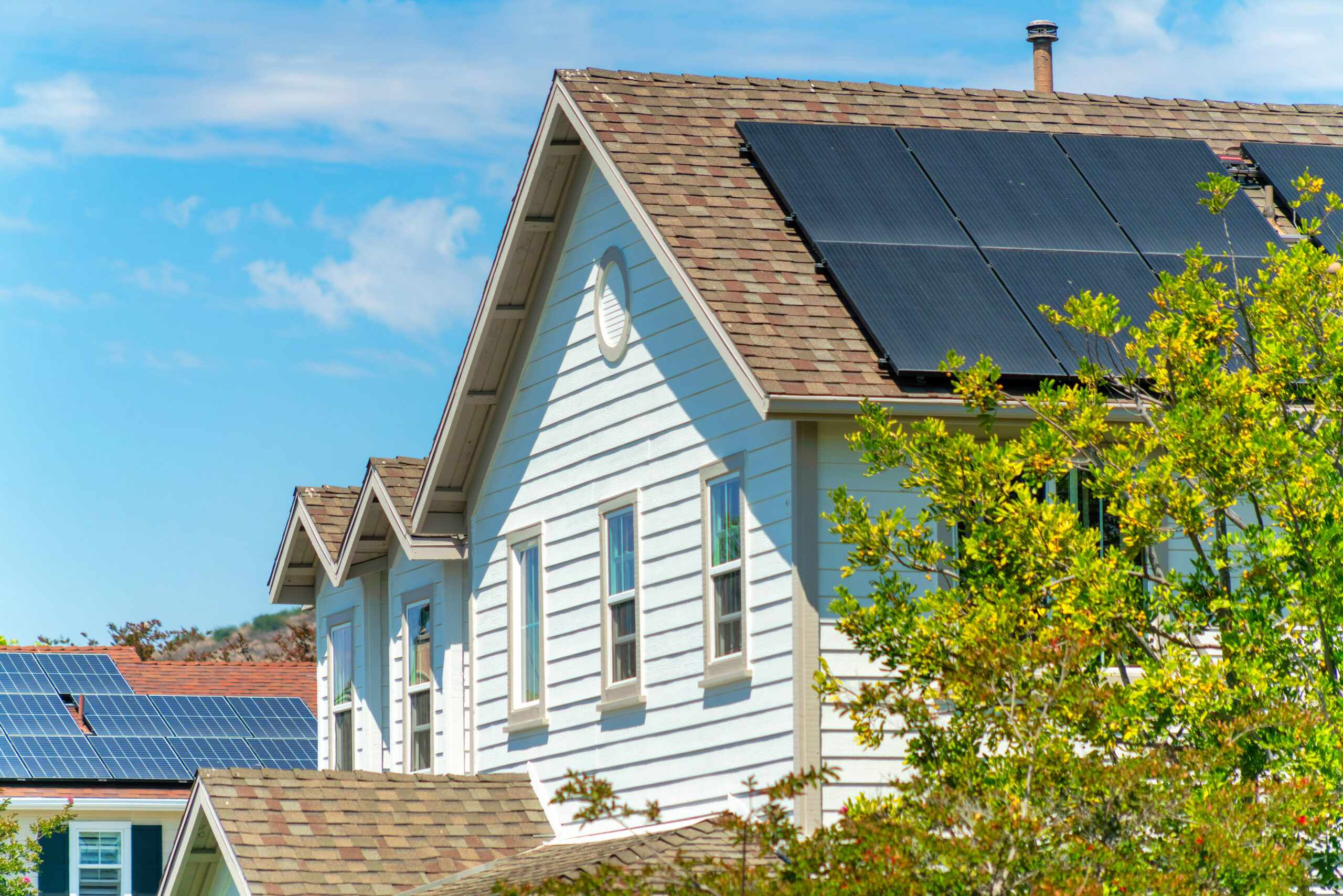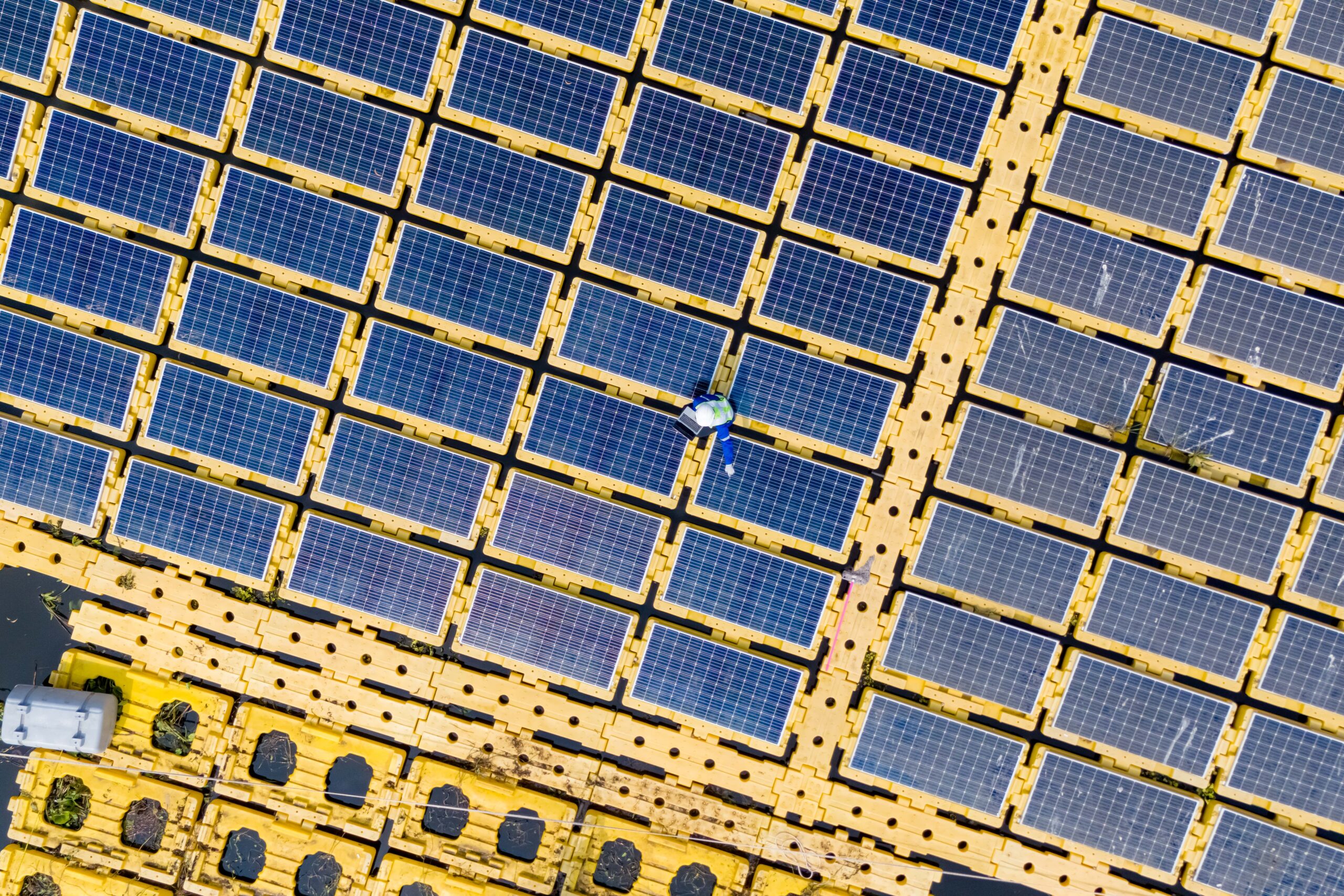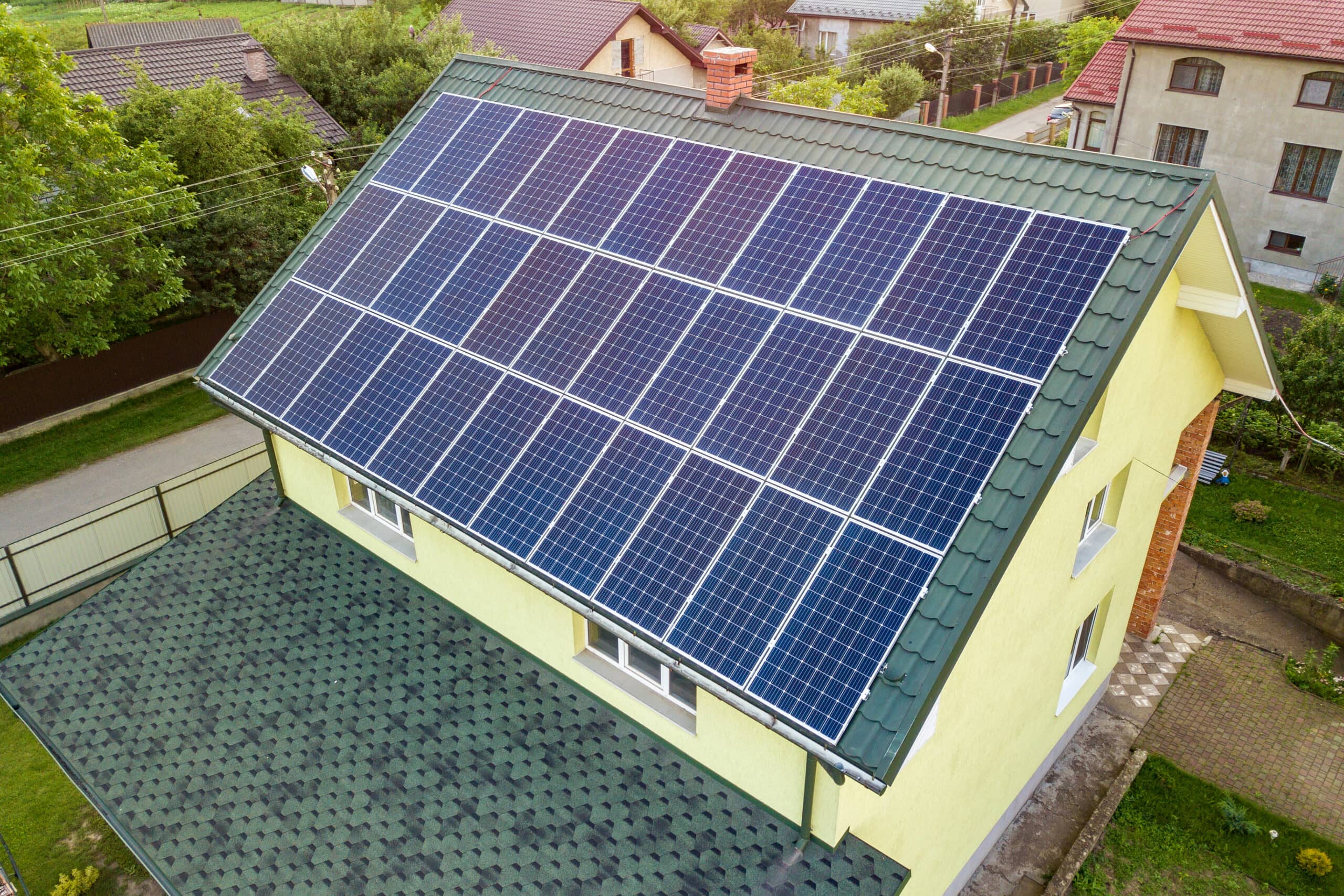Are you looking for a way to save money, reduce your carbon footprint, and contribute to a greener future? Look no further than solar panel installation in Nova Scotia. You can generate clean and renewable energy at home by harnessing the abundant sunlight. You will unlock financial savings, positively impact the environment by reducing your carbon footprint, and contribute to a greener future. Are you ready to take the first step towards a sustainable and eco-friendly lifestyle?
Why do you need to have solar panels in Nova Scotia?
Owning a solar panel in Nova Scotia is not just a choice but a strategic and environmentally conscious decision. Nova Scotians enjoy abundant sunlight, making it an optimal region for harnessing solar energy. Investing in solar panels contributes to a cleaner and greener future, aligning with the province’s commitment to reducing carbon emissions. Moreover, as the global trend of carbon pricing influences electricity costs, solar panel ownership becomes a shield against rising bills, providing a stable and sustainable energy source. Beyond the environmental and financial benefits, owning a solar panel empowers you to take control of your energy consumption, fostering a sense of independence and resilience in the face of an ever-changing energy landscape. It’s a step towards a more sustainable lifestyle.
Calculating the Costs
There is no exact blanket calculation for the number of home solar panels needed. The actual figure will depend on your azimuth, tilt, and location. Shading considerations, such as trees and chimneys, must always be assessed.
Although it is true that steeper roofs facing south will produce more energy than shallow roofs facing east or west, the difference is negligible and installing solar panels on your roofs facing east and west is still very viable.
To calculate the approximate number of home solar panels you need, use the following:
1. Calculate Annual Energy Consumption:
To accurately determine your annual energy consumption, you must sum up your monthly energy usage to obtain the total energy consumed.
Here’s a detailed example to illustrate the calculation:
Let’s say your monthly energy usage for the past year is as follows:
January: 750 kWh, February: 800 kWh, March: 850 kWh, April: 900 kWh, May: 950 kWh, June: 1000 kWh, July: 1100 kWh, August: 1200 kWh, September: 1100 kWh, October: 1000 kWh, November: 900 kWh, December: 850 kWh.
To find your annual energy consumption, add up the monthly usage:
750 kWh + 800 kWh + 850 kWh + 900 kWh + 950 kWh + 1000 kWh + 1100 kWh + 1200 kWh + 1100 kWh + 1000 kWh + 900 kWh + 850 kWh = 11,000 kWh
So, your total annual energy consumption is 11,000 kWh for the year.
2. Consider Your Location:
Take into account the sunlight hours in your location. For example, let’s assume 5 hours of sunlight per day.
3. Calculate Daily Solar Energy Production:
Multiply the daily sunlight hours by the panel’s output (4 kWh/day/kWp) to get the daily energy production per installed kilowatt-peak: 20 kWh/day/kWp.
4. Account for System Losses:
Factor in system losses, assuming a 15% loss. The adjusted daily energy production is approximately 17 kWh/day/kWp.
5. Determine Total Installed Capacity:
Divide the annual energy consumption by the adjusted daily energy production: 9,600 kWh/year ÷ 17 kWh/day/kWp ≈ 564.71 kWp.
6. Consider Panel Efficiency:
Adjust the total installed capacity based on panel efficiency. If panels have 20% efficiency, the adjusted capacity is approximately 3137.28 kWp.
7. Choose panel capacity:
If opting for 300 W panels, the total number of panels needed is approximately 10,457.6 panels.
For a tailored solution to meet your specific requirements, don’t hesitate to contact us at Stanton Solar. We’d be delighted to assist you in finding the most suitable solar solution for your needs.
Pros and Cons of Solar Panel Installation in Nova Scotia
Pros:
- Renewable Energy: Solar energy is a clean and renewable source of power, which helps reduce greenhouse gas emissions and combat climate change.
- Cost Savings: By harnessing the sun’s power, homeowners can save money on electricity bills by reducing reliance on traditional energy sources.
- Government Incentives: Nova Scotia offers financial incentives, such as rebates and net metering programs, to encourage solar panel installation, making it more accessible for homeowners. Reduced Carbon Footprint: Solar energy is a sustainable choice that helps to reduce greenhouse gas emissions and combat climate change.
- Energy Independence: Solar panels allow homeowners to generate their electricity, reducing dependence on the grid and providing a sense of energy independence.
Cons:
- Weather Dependence: While solar panels can still generate electricity on cloudy days, their efficiency is significantly reduced compared to sunny days.
- Space Requirements: Solar panels require adequate space for installation, so homeowners with limited roof or yard space may need help maximizing their solar energy potential.
- Maintenance: While solar panels generally require minimal maintenance, occasional cleaning, and inspections are necessary to ensure optimal performance. The majority of solar panel systems come with a monitoring app which will tell you if any work is necessary.
So, when considering solar panel installation in Nova Scotia, weighing the pros and cons is essential. However, with the province’s renewable energy goals in mind, embracing solar power can be a significant step towards a greener future.
Financial Rebates from the Government of Nova Scotia
The government of Nova Scotia offers various programs to make going solar more affordable:
The Solar Homes Program, run by Efficiency Nova Scotia, is the leading solar incentive in the province. This program allows property owners to earn a cash rebate of $0.30/watt for residential solar power installations with a minimum size of 1 kW and up to a maximum refund of $3,000.
Additionally, the province provides a net metering program, allowing residents to earn credits for excess electricity generated by their solar panels and fed back into the grid. These credits can offset future electricity bills, reducing the cost of your electricity bill.
By offering these financial incentives, the government of Nova Scotia aims to encourage more residents to adopt solar energy, which not only helps reduce greenhouse gas emissions but also lowers electricity costs in the long run.
So, by taking advantage of these rebates and incentives, homeowners can enjoy the benefits of clean, renewable energy while saving money on their electricity bills.
Maintenance and Long-Term Benefits
Now, let’s talk about the long-term benefits. Solar panels can provide potential savings by generating clean and renewable electricity. The amount you can save depends on factors like your solar system’s size, energy consumption, and the sunlight in your area. On average, homeowners can expect to save anywhere from 50% to 100% on their electricity bills. To estimate savings, you can use the formula:
Annual Savings = Energy Production (kWh) x Electricity Rate ($/kWh).
For instance, if your solar panels generate 5,000 kWh of electricity per year and your electricity rate is $0.175/kWh, your annual savings would be $875.
In addition to financial savings, solar panels have a positive environmental impact. Using renewable energy reduces greenhouse gas emissions and contributes to a cleaner planet.
Understanding the Need for Solar in Nova Scotia
Nova Scotia has a unique energy landscape, and environmental considerations make solar energy particularly relevant and beneficial.
Nova Scotia enjoys more annual sunlight than Germany, making it a hidden gem for solar power potential. By harnessing this abundant sunshine, Nova Scotia can pave the way for a cleaner future by reducing dependence on non-renewable resources and becoming a leader in sustainable energy.
Moreover, Nova Scotia has set ambitious renewable energy targets and aims to transition to a greener and more resilient energy system. The province wants to generate 40% of its electricity from renewable sources; by 2030, that number will soar to 80%. Solar energy is crucial in achieving these goals and reducing greenhouse gas emissions.
By embracing solar power, residents of Nova Scotia can save on their energy bills and support the local economy by creating jobs in the renewable energy sector. It’s a win-win situation for both the environment and the community!
Embrace a Sustainable Future with Solar Energy in Nova Scotia
By installing solar panels, you can:
- Harness the abundant sunlight in Nova Scotia for clean and renewable energy.
- Save on your energy bills and earn credits through net metering programs.
- Reduce your carbon footprint and contribute to a greener and more sustainable environment.
- Support the local economy by creating jobs in the renewable energy sector.
So, let’s take a step towards a sustainable and eco-friendly lifestyle by considering solar panel installation in Nova Scotia. Together, we can positively impact our environment and build a brighter future.




